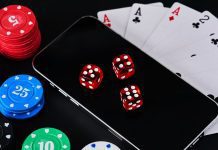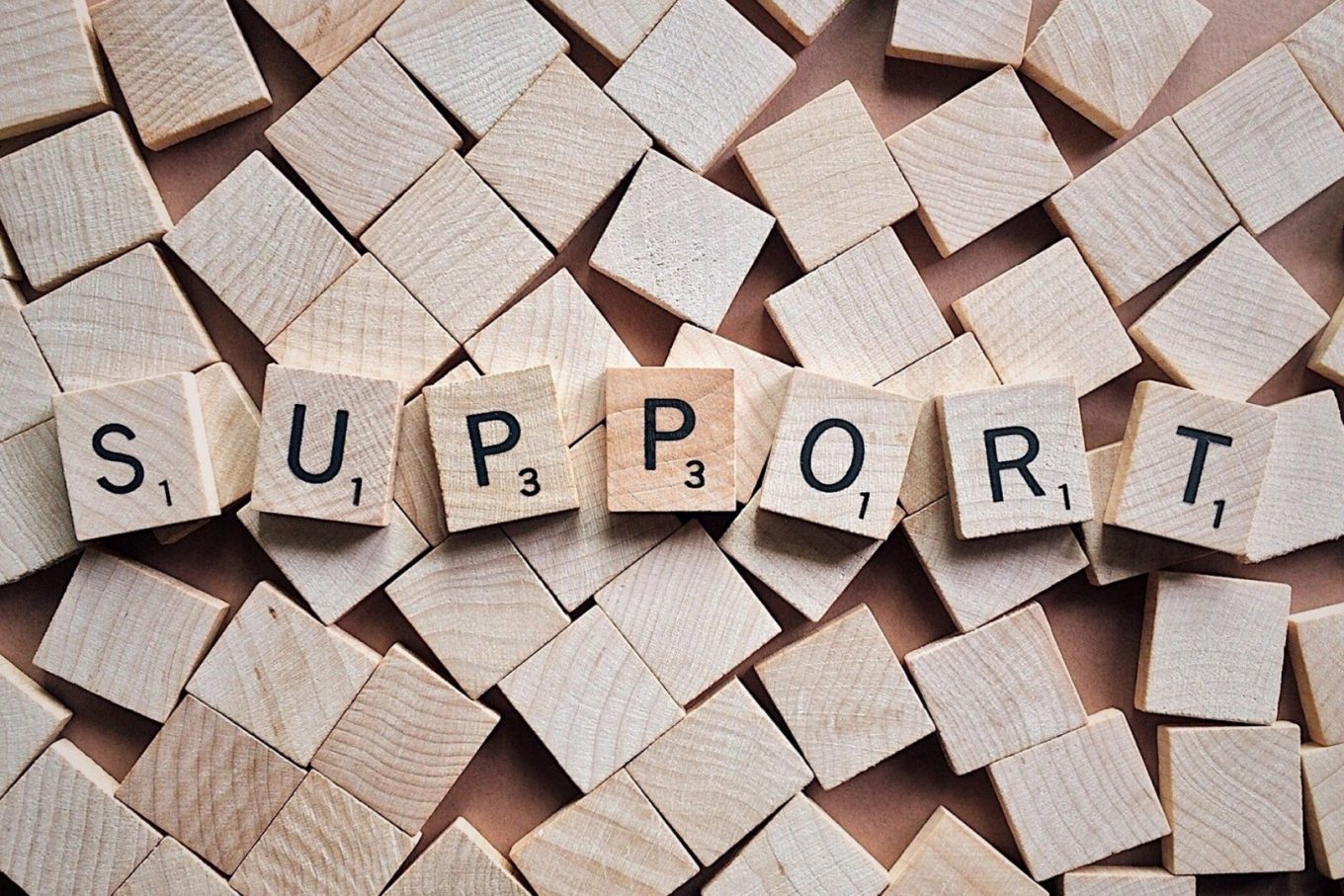Disclaimer: This article it isn’t a recommendation to begin learning brain surgery by doing it. 🙂
I live in Portugal, and a few years ago, I did some yoga and probably, I will do it again. Because of my experience, I came to know lots of yoga teachers. I discovered that before they were certified teachers, they all began by giving lessons to acquaintances for free. Obviously, this is not the story of how all became yoga teachers. However, I do know that the majority of them did so. Most of them began by giving classes for free, and then, they studied, to get their certificate. OK, I do know a couple of people who gave yoga lessons without a certificate, which never really became yoga teachers. But the ones who said they would only become yoga teachers, after concluding their training, with a proper certificate, never became teachers. They never crossed the level of intention.
Perhaps the reader knows one or two exceptions to the situation I’m describing. However, I believe they are just that: exceptions that confirm the rule.
It is common to say that knowledge/information is power. Personally, I don’t agree. At most, information is potential power. Real power stems from applied information. Just to know stuff isn’t that great.
We all tend to think in the following way: “First, I will study a lot a certain subject. Then, I will apply what I learned.”
From my point of view, this isn’t the most effective way of acting most of the time. Why?
I can think of several reasons. One, it is that by acting on the subject, you get to know if you really like it. One thing is to study and another doing it. I have a friend who almost concluded a degree in veterinary (in Portugal, you have to study 5 years to become a Veterinary). Then, on the last year of her career, she began an internship a veterinary surgery practice, and she noticed that she didn’t want to become a veterinary. If she would have come to that conclusion some years sooner, it would have saved her lots of time. But reality sometimes doesn’t serve us our best interests. Now, she is working as a flight attendant and she likes her job a lot more!
Another reason, to learning by doing, is that you learn better when you can apply what you learn straight away. This is true even concerning theoretical subjects like mathematics. A teacher can give us the most wonderful lessons. However, if we don’t apply what we are learning to concrete problems, there is an increased possibility that all that information will enter you through one ear and go out by the other.
If we tackle even more concrete skills. such as repairing cars, this is even more true. We really need to apply all the information we are receiving if we truly want to learn the stuff. One things is to hear a teacher tell us about something that works. Another thing is to apply the theoretical knowledge to a real life situation, to truly check and test it what you just learn, really works.
Learning is a never ending process. Sometimes, after experimenting with something, we need to decide what to learn next. What criteria should we use to decide? The possibilities are endless. However, a good possibility is results.
Results are the great measure of what we do in life. Results can mean very different things for different people. You can be interested in gaining more money, improving your physical condition and skills. The results tend to be more concrete in real life situations and they lead us to what we should learn next. That is another reason to learn by doing: to guide our learning.
We could take a course about writing books for exampe However, it is only by beginning to write a book, that we know that we still need to learn certain things, like out to structure the book. The same with almost anything we do.
Nothing in this article says that we should only learn by doing. There are other ways of learning and learning by doing has its costs, like time and money. Following the example of other people who have the skills we want to acquire is an option to consider. That can accelerate our process of learning in some situations. Why follow a process of trials and errors when others already followed the same path with success ?
Errors sometimes are inevitable. We normally act with incomplete information in most cases. Only people who do nothing don’t make mistakes. People who do stuff make errors all the time, and should learn from them.
But if you learn a bit about the errors of other people who made similar stuff, before you, the information can save you time. Why repeat the mistakes of the past ? 🙂
Learn by doing it, but in a smart way!
Ivo Dias de Sousa is a Portuguese writer born in Mozambique. Ivo is also a Professor at Universidade Aberta, Portugal, giving courses on information management. Currently, Ivo is interested in using his experience on information management to construct applications (see http://windit-app.com/ ) for smartphones, in collaboration with others. Ivo holds a Master in Statistics and Information Management (Universidade Nova de Lisboa) and a Ph.D. in Information Management (Universidade Aberta). Amongst his main interests are information management, psychology of luck and literature.



























